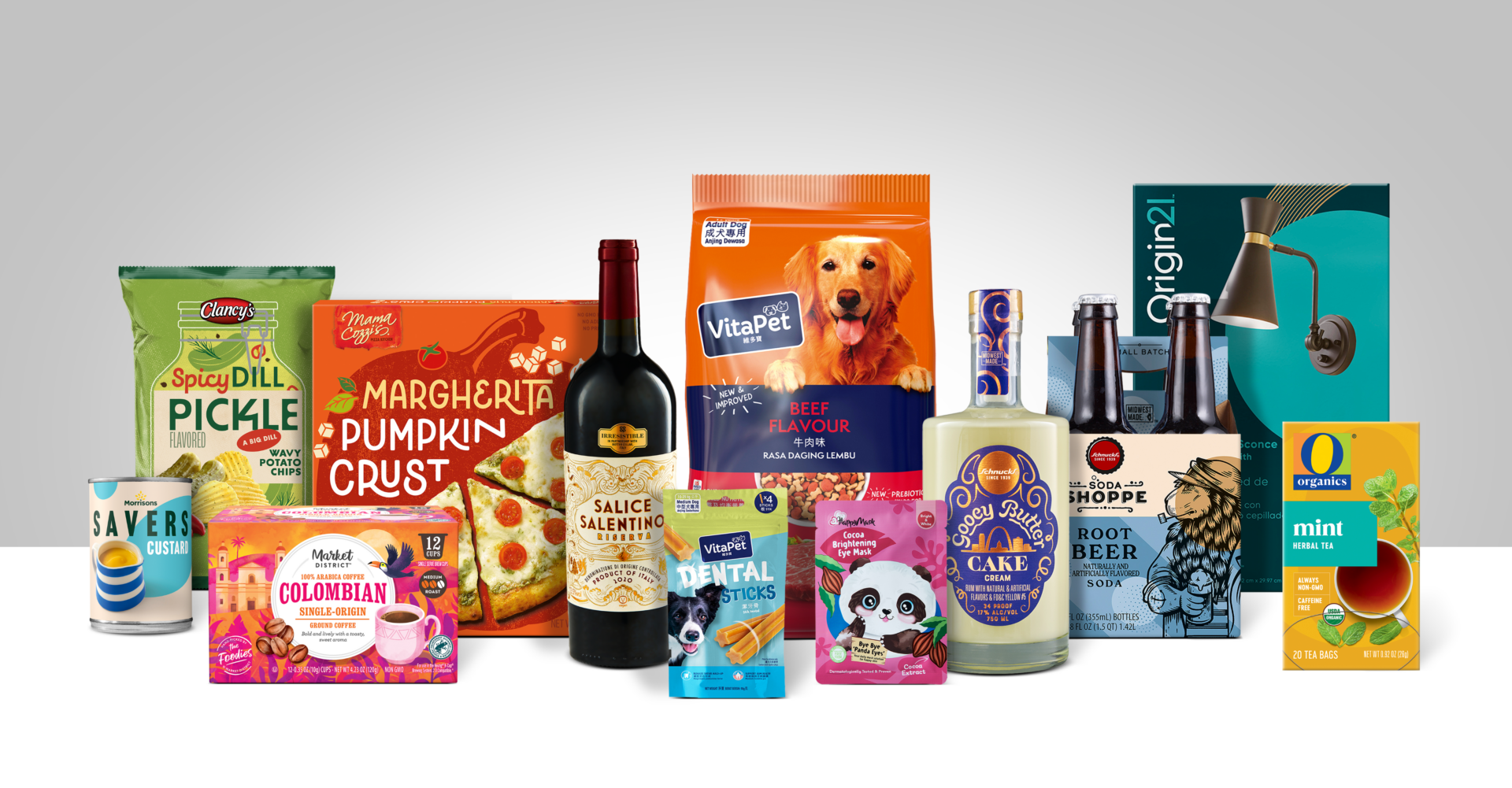The Evolution and Future of Plant-Based: Navigating the Peaks and Valleys
Has Plant Peaked?
In recent years, the plant-based movement has experienced a surge in popularity, with an increasing number of consumers embracing a plant-centric lifestyle. However, as with any trend, questions arise about whether plant-based has peaked and what lies ahead for this burgeoning market. In this blog post, we’ll explore recent fluctuations in customer attitudes and sales performance of these products, delve into the potential future of the plant-based category, and discuss key considerations for retailers already in or contemplating expansion into this space.
The Rise and Plateau
The exponential growth of the plant-based industry in the last decade has been nothing short of remarkable. From innovative meat substitutes to dairy alternatives and plant-based snacks, the market has witnessed a proliferation of products catering to a growing demographic of conscious consumers. However, in recent times, some observers have noted a plateauing effect in certain segments of the plant-based market. For example, data from the Good Foods Institute showed that, in the US, meat alternative sales declined by around 1% in 2022, while other categories, such as non-dairy milk, protein liquids and powders, ready-to-drink beverages and plant-based snack bars grew by 8%,14%, 17% and 13%, respectively, according to the Plant Based Foods Association (PBFA).
Consumer Attitudes
Understanding shifts in consumer attitudes is crucial to deciphering the trajectory of the plant-based movement. While there is a core group of committed vegans and vegetarians, a significant portion of plant-based consumers identify as flexitarians, incorporating both plant and animal-based products into their diets. Recent surveys indicate that some consumers may be reaching a saturation point with the sheer number of plant-based options available, leading to a reassessment of their preferences and choices.
Sales Performance
Sales performance in the plant-based sector has seen both peaks and valleys. Initially driven by a surge in consumer interest and the entry of major players into the market, sales skyrocketed. However, more recently, some plant-based products have faced increased competition and, in some cases, consumer scepticism regarding taste and nutritional content. It is essential to acknowledge that while certain segments may be experiencing a slowdown, others, such as plant-based snacks and beverages, continue to show promise.
The Future Landscape
As we navigate the current landscape, it’s imperative to consider the future of the plant-based industry. While some may interpret recent trends as a sign of a plateau, others argue that this is a natural phase in the evolution of any rapidly growing market. Innovations in technology, such as cellular agriculture and advanced plant-based ingredient development, could inject new life into the sector, addressing concerns about taste, texture, and nutritional value.
Diversification and Innovation
To stay ahead in the plant-based game, diversification and innovation are key. Retailers should continue to expand their product offerings, exploring new categories and investing in research and development. For some consumers, the success of plant-based products hinges on their ability to mimic the sensory experiences provided by traditional animal-based counterparts. As advancements in technology allow for more convincing alternatives, the plant-based market could see a resurgence in consumer interest from omnivorous consumers. On the other hand, there are also compelling calls for retailers to focus on developing plant-based products’ that prioritise taste and nutrition rather than trying to create a meat ‘alternative’, something that often requires a long list of ingredients and heavy processing to achieve – both undesirable qualities to health-conscious consumers. Whichever school of thought they fall into; retailers will still require diversification and innovation to protect and grow their share of the market.
Educating Consumers
Another pivotal aspect of the plant-based future lies in consumer education. Dispelling myths surrounding plant-based diets, addressing nutritional concerns, and highlighting the environmental and ethical benefits can contribute to a more informed and engaged customer base. Retailers should actively communicate the positive impact of plant-based choices, fostering a sense of community and shared values among their customer bases. This can be done effectively on-pack through callouts and QR codes linking to further reading. But the best chance for success comes from an omnichannel approach hitting all touchpoints from social media to video campaigns.
Global Expansion
While the plant-based movement has gained significant traction in Western markets, there is vast untapped potential in emerging economies. As consumer awareness grows and dietary preferences evolve, there is a considerable opportunity for global expansion. Retailers should carefully analyse regional preferences, cultural nuances, and market dynamics to tailor their plant-based offerings to diverse audiences.
In conclusion, the plant-based movement has indeed experienced peaks and valleys, reflecting the dynamic nature of consumer preferences and market trends. Rather than interpreting recent fluctuations as a sign of decline, it is more constructive to view them as a call to action for continued innovation and adaptation. The future of plant-based is shaped by the industry’s ability to diversify, innovate, educate consumers, and strategically expand into new markets. Retailers navigating this evolving landscape with agility and foresight will likely find themselves at the forefront of a resilient and ever-growing plant-based market.














